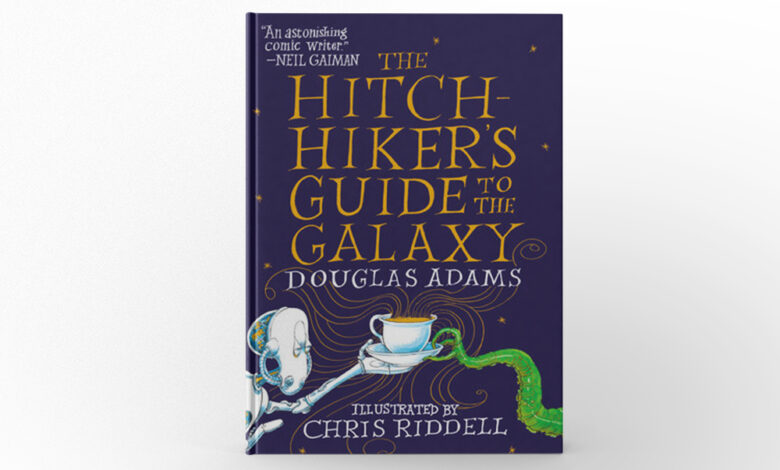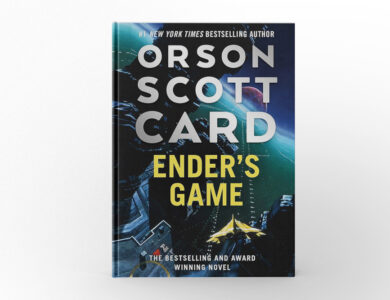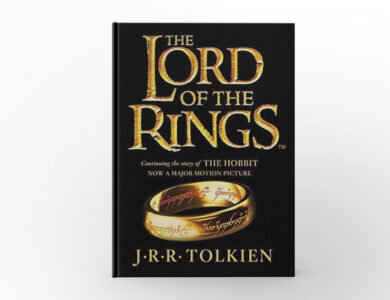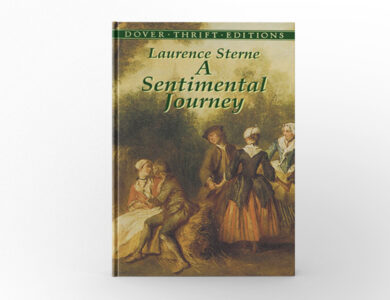The Hitchhiker’s Guide to the Galaxy by Douglas Adams
Galactic Adventures: Exploring “The Hitchhiker’s Guide to the Galaxy” by Douglas Adams

“The Hitchhiker’s Guide to the Galaxy” by Douglas Adams is a beloved science fiction comedy that has captivated readers with its wit, humor, and imaginative storytelling. This novel, the first in a series, follows the adventures of Arthur Dent, an ordinary Englishman who finds himself thrust into the bizarre and unpredictable universe after Earth is destroyed. In this article, we will delve into the key themes, insights, and contributions of this iconic work.
Author’s Background
Douglas Adams, born in 1952 in Cambridge, England, was a renowned author, screenwriter, and humorist. He is best known for creating “The Hitchhiker’s Guide to the Galaxy,” which began as a radio series in 1978 before being adapted into a novel in 1979. Adams’s unique blend of science fiction and comedy has earned him a dedicated following and critical acclaim. His work often explores themes of absurdity, randomness, and the human condition, all delivered with a sharp wit and keen sense of humor.
In-Depth Summary
“The Hitchhiker’s Guide to the Galaxy” begins with Arthur Dent discovering that his house is about to be demolished to make way for a new bypass. As he protests, his friend Ford Prefect arrives and insists that they go to the pub immediately. Ford reveals that he is an alien from a small planet near Betelgeuse and that Earth is about to be destroyed by a Vogon constructor fleet to make way for a hyperspace bypass.
- Earth’s Destruction and Escape: As the Vogons prepare to demolish Earth, Ford manages to hitch a ride for himself and Arthur on the Vogon ship. Arthur learns about Ford’s true origins and the existence of “The Hitchhiker’s Guide to the Galaxy,” an electronic book that provides useful information for intergalactic travelers.
- Vogon Poetry and Improbable Rescue: Ford and Arthur are soon discovered by the Vogons, who subject them to a reading of their terrible poetry before ejecting them into space. Miraculously, they are rescued by the Heart of Gold, a spaceship powered by the Infinite Improbability Drive, which allows it to travel through all points in the universe simultaneously.
- The Heart of Gold and Its Crew: Onboard the Heart of Gold, Arthur and Ford meet Zaphod Beeblebrox, the two-headed, three-armed President of the Galaxy, who has stolen the ship. They also encounter Trillian, the only other human survivor of Earth’s destruction, and Marvin, a depressed robot.
- Journey to Magrathea: The crew sets course for the legendary planet Magrathea, known for manufacturing custom planets. Upon arrival, they are attacked by the planet’s defense system, but Arthur activates the Infinite Improbability Drive, transforming the missiles into a sperm whale and a bowl of petunias.
- Exploring Magrathea: On Magrathea, the crew learns about the planet’s history and its role in creating Earth. They meet Slartibartfast, a planetary designer who reveals that Earth was actually a supercomputer designed to find the ultimate question to life, the universe, and everything.
- The Ultimate Question: The novel concludes with the revelation that the answer to the ultimate question is “42,” but the actual question remains unknown. The crew’s adventures continue in the subsequent books of the series.
Themes and Insights
One of the central themes of “The Hitchhiker’s Guide to the Galaxy” is the absurdity of existence. Adams uses humor and satire to explore the randomness and unpredictability of life, often highlighting the triviality of human concerns in the grand scheme of the universe.
Another key theme is the search for meaning. The novel’s quest to discover the ultimate question to life, the universe, and everything reflects humanity’s enduring quest for purpose and understanding.
The text also emphasizes the importance of perspective. Through the eyes of Arthur Dent, readers are invited to see the universe from a fresh and often bewildering perspective, challenging their assumptions and encouraging them to embrace the unknown.
Recommendation
“The Hitchhiker’s Guide to the Galaxy” is a must-read for anyone who enjoys science fiction, comedy, or simply a good laugh. Adams’s clever writing and imaginative storytelling make this novel a delightful and thought-provoking read. Whether you are a longtime fan of the series or new to the world of hitchhiking through the galaxy, this book offers a unique and entertaining journey through space and time.
Impact and Legacy
Since its publication, “The Hitchhiker’s Guide to the Galaxy” has become a cultural phenomenon, spawning sequels, adaptations, and a dedicated fanbase. The novel has been adapted into various media, including radio, television, film, and stage productions, each bringing its own interpretation to Adams’s work.
The book’s influence extends beyond entertainment, as its themes and humor have resonated with readers and thinkers across disciplines. The phrase “Don’t Panic,” emblazoned on the cover of the fictional guidebook within the novel, has become a cultural touchstone, symbolizing a humorous yet practical approach to life’s challenges.
Conclusion
In conclusion, “The Hitchhiker’s Guide to the Galaxy” is a remarkable and enduring testament to Douglas Adams’s genius. This novel offers a rich and entertaining exploration of the absurdity of existence, the search for meaning, and the importance of perspective. Whether you are exploring the galaxy for the first time or revisiting the adventures of Arthur Dent and his companions, this book provides a delightful and enlightening journey into the heart of science fiction comedy.
Personal Reflections
Reading “The Hitchhiker’s Guide to the Galaxy” is not just an intellectual pursuit but a deeply enjoyable experience. Adams’s wit and humor resonate with timeless wisdom, offering a fresh perspective on the mysteries of existence. This book reminds us that the quest for understanding and the ability to laugh at the absurdities of life are universal themes that transcend time and culture.




